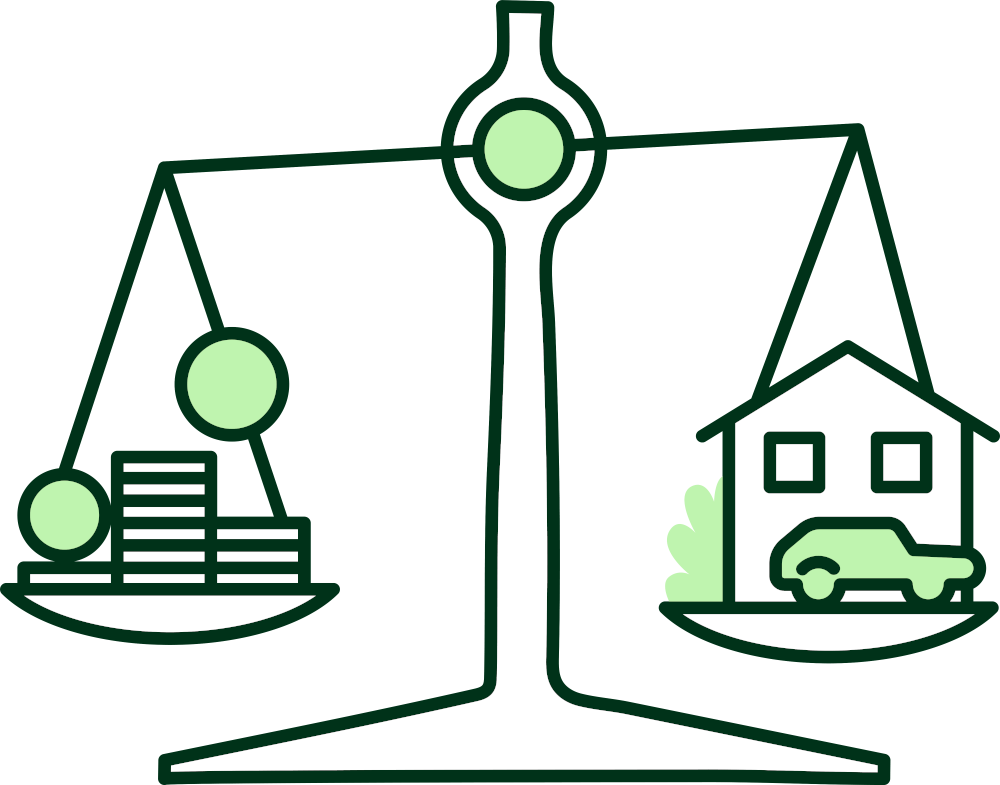County court judgment debt
This guide is only for deals with credit agreements regulated by the Consumer Credit Act 1974. Credit cards, personal loans and overdrafts are normally regulated by the Act.
Usually, interest and charges will be frozen if a creditor gets a county court judgment (CCJ) for one of your credit debts.
There are rules that can sometimes allow them to keep charging you interest. You may still be able to stop them from doing this though.
How is interest added to a CCJ?
There are different ways that creditors can add interest to a CCJ. These include:
- Interest included in the agreement.
You may be asked to pay the balance owed and all the interest payable under the agreement. Once you have paid the full amount, that is normally the end of the matter. - Interest up to the date of the judgment.
The creditor may get a CCJ that includes court fees and interest up to the date of the judgment. Once you have paid the full amount, you do not usually have to pay any more interest. - Interest after the judgment (Before 1st October 2008)
For judgments made before 1st October 2008, the rules are not very clear. A creditor may be allowed to add interest if there is a term in the credit agreement that says so. - Interest after the judgment (After 1st October 2008)
For judgments made on or after 1st October 2008, a creditor can only add interest after the judgement if there must be a term in your credit agreement that says so. There are also rules that require the creditor to send certain notices at certain times before and after the judgment is made. If they do not do this, they are unable to claim the interest.
Can I stop interest being added?
There are different ways that you might be able to stop interest from being added.
Time order
You may be able to stop interest being added by asking the court to make a time order. If the court agrees to make the time order, it can change the rate of interest from what is written in the agreement. This could mean a zero rate of interest.
Paying off the judgment
If a CCJ has been made without a time order check the amount owing on the CCJ and any added contractual interest.
Creditors may keep these two figures in separate accounts or add them together in one account.
Once you have paid the CCJ balance, write to the creditor saying the judgment has been paid off.
If you do not pay anything more, the creditor has to take you to court again to get the interest back. We do not think a creditor can legally do this if the judgment was made before the 1 April 2008.
If you continue to pay, the creditor will put the money towards the interest they have added to the original judgment.
Complain
If you don’t think your lender has followed the rules, or if you think you are being treated unfairly, you can complain. Since April 2007, you can complain to the Financial Ombudsman Service about how a lender or debt collection agency has behaved when dealing with your account. You will have to follow the lender’s complaints procedure first.
Unfair relationships test
If you feel the interest rate charged on your agreement is very high or that the terms of the agreement are unfair, you may be able to get help from a court. The rules on when and how a court can help you are complicated, so get professional help to do this.


